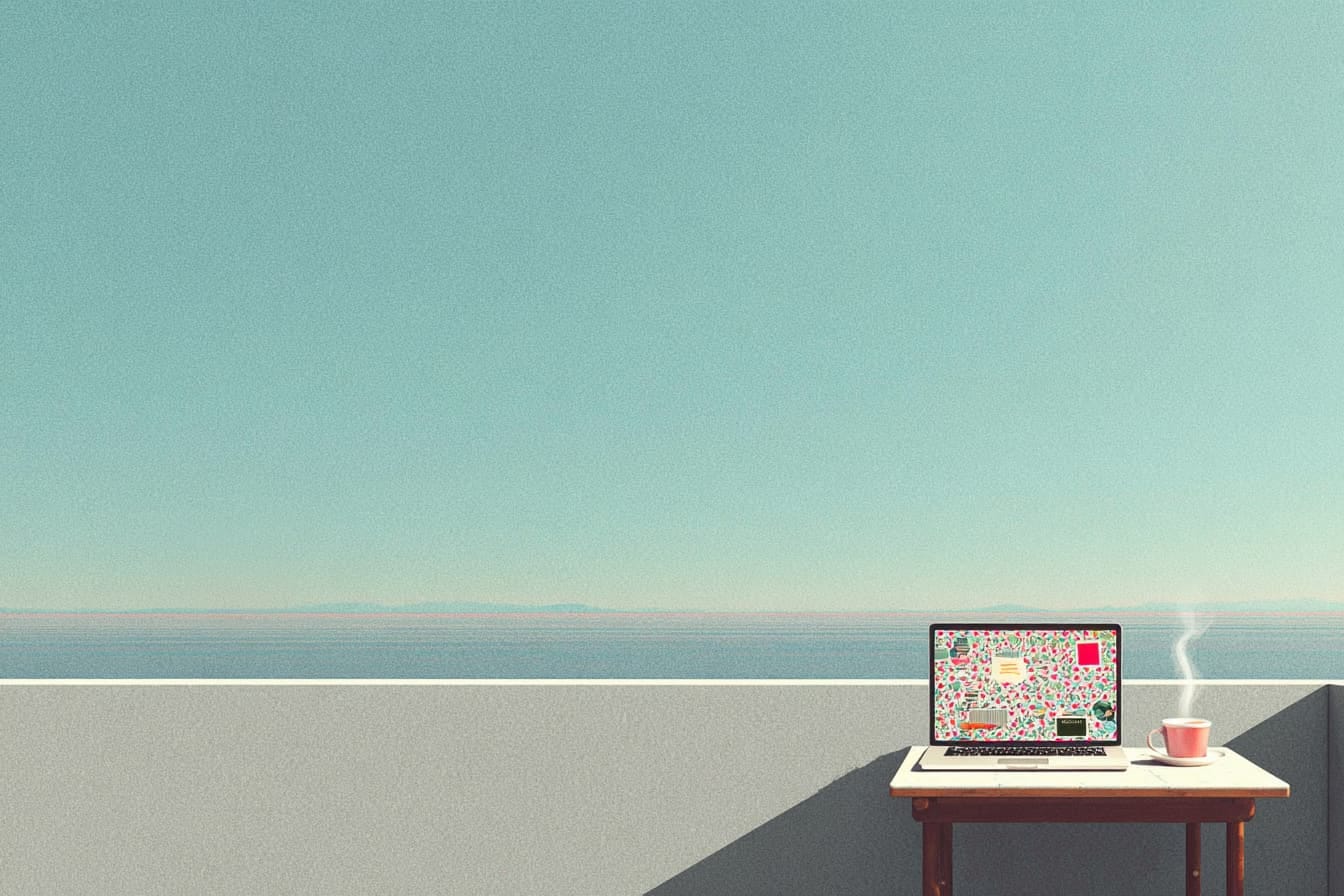How has your relationship with work changed?
We're never the same people througout our whole careers.
In the early part of my career, I worked entirely too much. It wasn’t possible to get everything done during the day, so I worked late into the evenings. My oldest child was born three years into my career and while my work habits changed a bit, I was still determined to prove myself. I chased a promotion. I became brutally efficient at everything I did. I wanted to be supermom.
My perspective on work, now at 41 years old, has changed dramatically. I wish I could say that wisdom came with age, but that wasn’t it. Instead, it was a few very specific life events.
First, I had a stillborn baby. Suddenly, everything felt unimportant.
Then, the COVID-19 pandemic. It made me intolerant of a toxic work environment and desperate for something better.
And now I have a brain tumor. TBD how it will change my relationship with work. I don’t even know what I’ll “be like” after surgery.
But our relationship with work can change for many reasons. I asked some friends to share how their relationships with work have changed over the years. Below are their responses.
When I was younger, in my twenties, I was a workaholic. I spent most of my twenties as a freelance digital nomad, which was very very fun but also very hard to maintain. I was pretty much constantly working- typing on my laptop next to a beach in Mexico, or on a balcony in Buenos Aires. Work and living were all tangled up together in an inseparable knot. I didn't hate it, but it was absolutely not a sustainable way to live.
Now that I'm 40, with a family, house etc, my attitude couldn't be more different. Strict work-life boundaries are very important to me. When I'm at work, I want to focus on work, and when I'm not, I want to focus on the rest of my wonderful life. Having a traditional full-time job has actually helped a lot with keeping the two separate, although it has also taken a lot of practice and boundary setting. Now I work during work hours, and turn off my notifications the rest of the time. Also, I take real vacations.
I thought everyone’s supposed to hate what they do because no one ever talked about loving their work or following their passion when i was growing up. It was either you become a doctor or an engineer or you pursue civil services to become a public servant.
Naturally, I assumed you do what makes you the most money, not what brings you the most joy.
It wasn’t until I was older that I realised that your passion could be your career or that you could find happiness in your work.
Now I’m very European in that I work to live. My work funds my endless hobbies, my passions, and experiences. For example, when I watched The Phantom of the Opera on stage, everything just seemed to click. This is what life is for. This is why I work. I’m also extremely lucky in that I love what I do. So no complaints at all. I’m truly happy with the life I’m building.
— Sneh Ratna Choudhary (website)
As a kid, I was not used to failing. I basically collapsed the first time I got a B+. I excelled in academic environments, followed instructions well, did the readings and the optional readings, and wrote my essays two weeks in advance. But the working world doesn’t have a syllabus, and it doesn’t give points for showing your work.
The most significant redirections in my career have come through failure. Each spectacular flameout forced me to reconsider my assumptions about what I was “supposed to” be doing. These breaking points weren't evidence that I wasn't good enough, despite what the black-and-white voice in my head tried to tell me; they were evidence that I was trying to refract light in directions that weren't natural to my particular prism. Each failure narrowed the field of possibilities, pushing me closer to the convergence point where my actual abilities, interests, and opportunities would eventually meet.
— Katie Parrott, (excerpt taken from this essay)
Current me talking to college me: You know how super anxious you get when a professor hands back a paper with a bunch of red lines on it?
College me: Um, yes.
Me: Well, there's going to be software that follows you around everywhere online, constantly placing red lines under everything you type.
College me: ...
Me: You'll pay $12 a month for it.
College me: ...
Me: Sleep well.
If you love this newsletter and look forward to reading it every week, please consider forwarding it to a friend or becoming a subscriber.
Most issues of this publication are free because I love sharing ideas and connecting with others about the future of work. If you want to support me as a writer, you can buy me a coffee.
Have a work story you’d like to share? Please reach out using this form. I can retell your story while protecting your identity, share a guest post, or conduct an interview.



